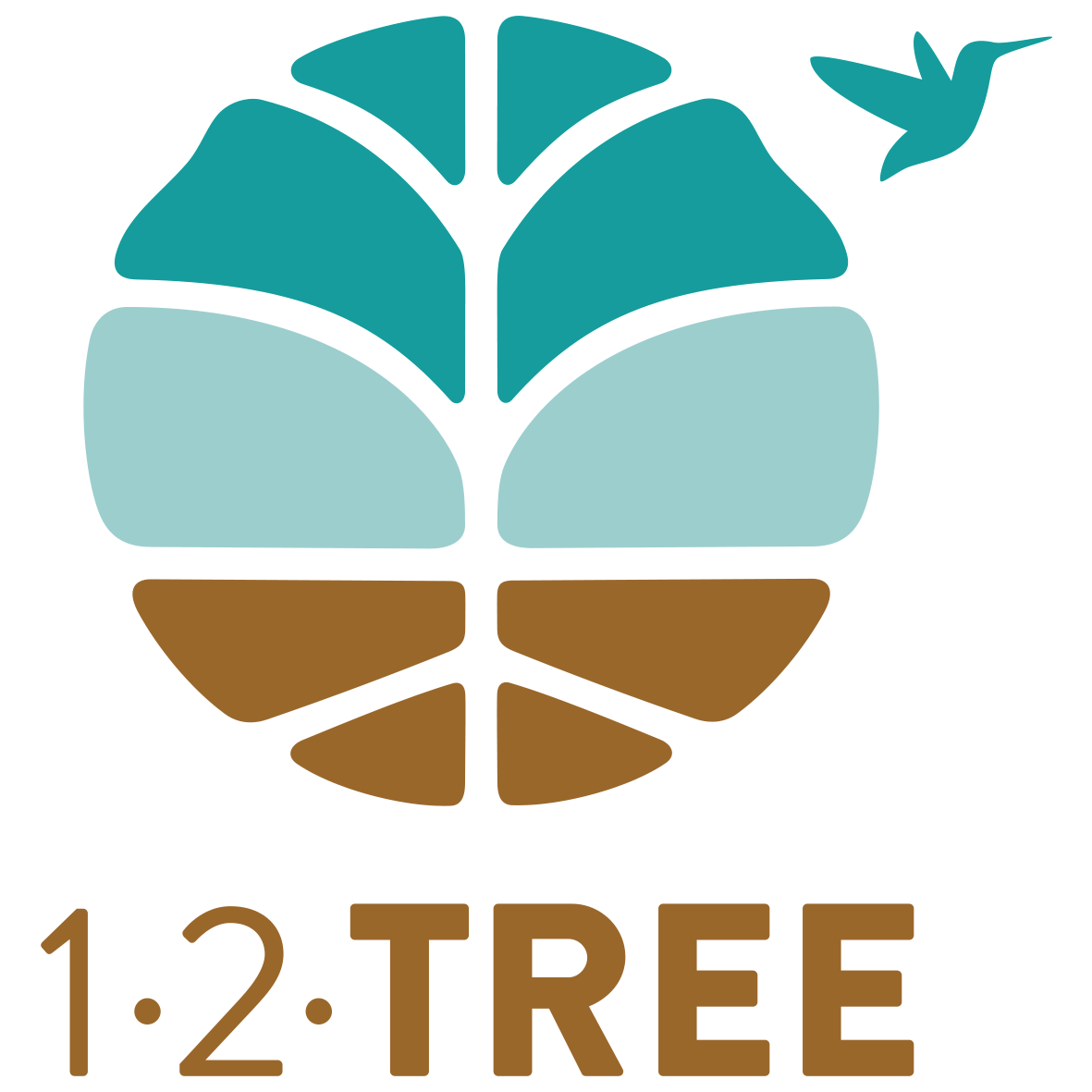Five of every six farms in the world are small - less than two hectares - and family run operations.
Yet a recent study by the Food and Agriculture Organization of the United Nations shows that these approximately 500 million smallholder farmers manage 12% of the world’s farmland and produce approximately 35% of the world’s food40. Many of these farms are located in the rural tropics, in areas that are critical for the protection of biodiversity and carbon-rich forests, as well as the preservation of nature-based livelihoods and cultural values. For these reasons, it is incredibly important to ensure that smallholder farmers can earn viable livelihoods through their farming, and without expanding their farms by cutting or burning remaining forests (1). But the challenges facing smallholders are manifold: small volumes and low productivity; lack of production technology, knowledge, and training; missing or limited markets; and inefficient, sometimes exploitative supply chains (2). Generally, the more rural and inaccessible the farm is, the more difficult it is for the farmer to make ends meet from their farm.
Part of 12Tree’s mission is to meaningfully incorporate smallholder farmers into our production models to ensure that local farmers and rural communities thrive right alongside us. This “nucleus plasma” approach envisions 12Tree’s central farm and processing facilities as a point of access for surrounding farmers to be folded into an inclusive, beneficial sourcing model. Aspects of our model include:
.
1. RELIABLE LONG-TERM OFFTAKE AGREEMENTS with transparent and fair pricing;
2. ACCESS TO HIGHER-VALUE AND NICHE MARKETS, including through certification;
3. KNOWLEDGE TRANSFER AND CAPACITY BUILDING for farming practices, land and resource
management, and environmental protection;
4. ACCESS TO TECHNOLOGY including tools, machinery, and inputs for farming and processing;
5. SUPPORT FOR FARMER ORGANIZATION and a platform for inclusive dialog; and,
6. IMPROVED ECONOMIC RESILIENCE through income diversification and benefit sharing opportunities.
While these core tenets are central to our sourcing model, our various “smallholder programs” are tailored to each farm’s unique context, considering aspects like local demographics, environment, and crop. Take, for example, 12Tree’s smallholder project at the Chimelb farm in Guatemala. The “CarCao Forest Project” launched as a five-year partnership between 12Tree and Heifer International aims to support 500 families in 20 communities to achieve a “living income” through improved agroforestry value chains for cacao and cardamom. Benefitting from the expertise and experience of participating stakeholders -including local and national governments, non-profits, and Chimelb’s own farm operations company- CarCao Forest has been developed using a bottom-up approach. Heifer International’s strength in community organization an local capacity development makes them the perfect partner to compliment 12Tree’s strength in agroforestry and marketing. In spite of the global pandemic, in 2021, the project reached 116 families in five indigenous communities neighboring Chimelb, and established five community nurseries nurturing more than 75,000 plants of cacao, cardamom, black pepper, mahogany, cedar, and other tree species.
While sharing the same core vision, 12Tree’s smallholder program by Andean Cacao in Colombia has an entirely different design and structure. The “Origen Boyaca” program was launched in 2016 as a jointventure model in which Andean Cacao partnered with smallholder farmer associations in Colombia’s Boyaca region to source, process, and sell high-quality cacao. This innovative model leverages strategic partnerships and a corporate off-take agreement to situate farmers are shareholder, mutually invested in and dedicated to the business’ success. Grant funding has enabled farmer associations to enter into the venture without risk, and also providing resources and expertise for key sustainability activities relating to gender, living income, and environment, amongst others. Likewise, through the development of a strong relationship with Mars, Andean Cacao was able to secure a long-term offtake agreement that shelters farmers from market price shocks and provides with them stable and clear product specifications. Origen Boyaca focuses on building the organizational capacity and farming skills of participating farmers through ongoing trainings and technical assistance: in 2021, 337 received technical assistance, while 41 ha were grafted and 22 ha were planted with improved varietals. With exceptional traceability and quality control systems in place, the venture purchased more than 50 tons from smallholder farmers, earning them awards by GoodNow Farms and the honor of representing Colombia at the Salon du Chocolat. While incredibly different, both programs achieve meaningful social impact through inclusive models that put farmer well-being at the fore. Focusing on capacity development and quality production destined for high-value markets, these programs are benefitting farmers now, and paving the way for their future.
WATCH OUR COMMUNITY VIDEO
This article is an extract of the 2022 12Tree Sustainability Report. Download the report to learn more about our regenerative approach to farming illustrated in several farm case studies, articles and partner interviews.
References:
(1) Lawder, S., Sánchez, M.V., & Bertini, R. (2021). Which farms feed the world and has farmland become more concentrated? World Development. Vol. 142.
(2) Godar, J. et al. (2011). Who is responsable for deforestation in the Amazon? A spatially explicit analysis along the Trasamazon Highway in Brazil. Forest Ecology and Management, Vol. 267.



